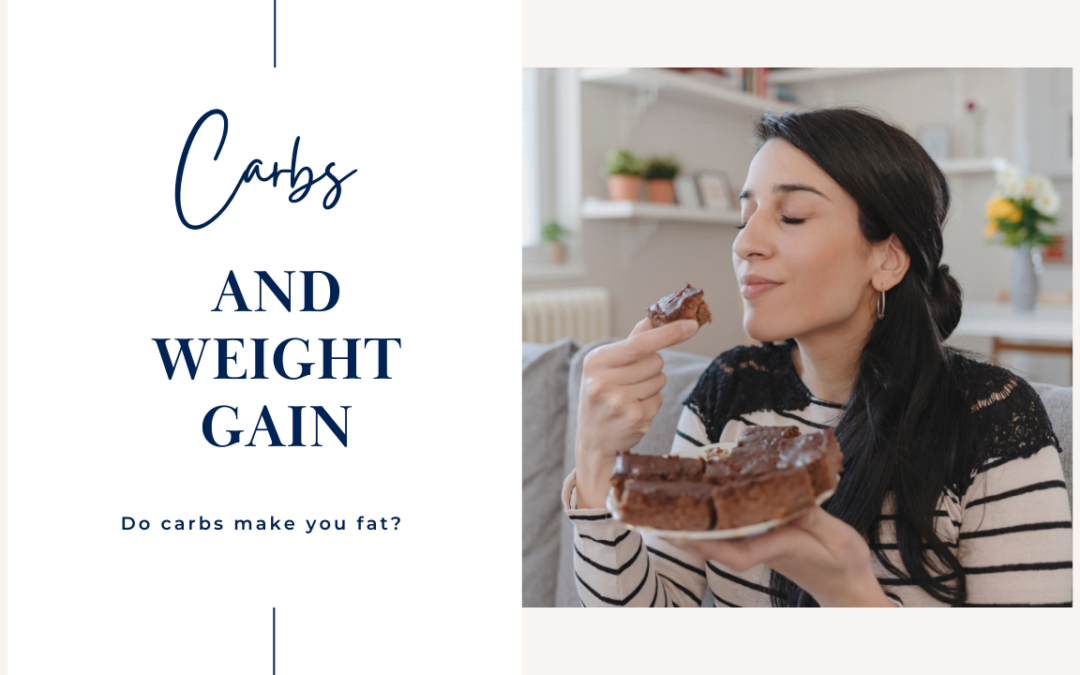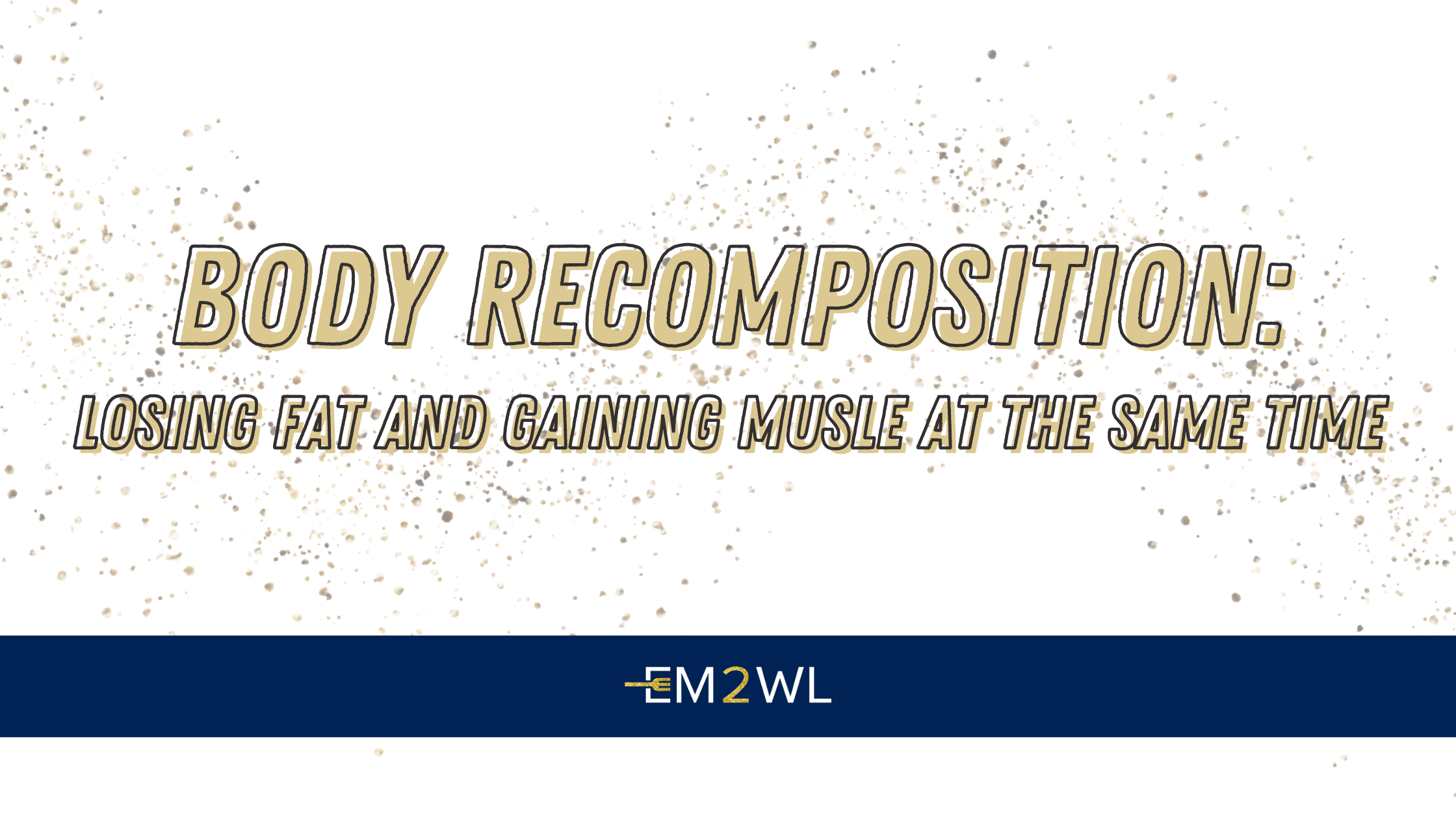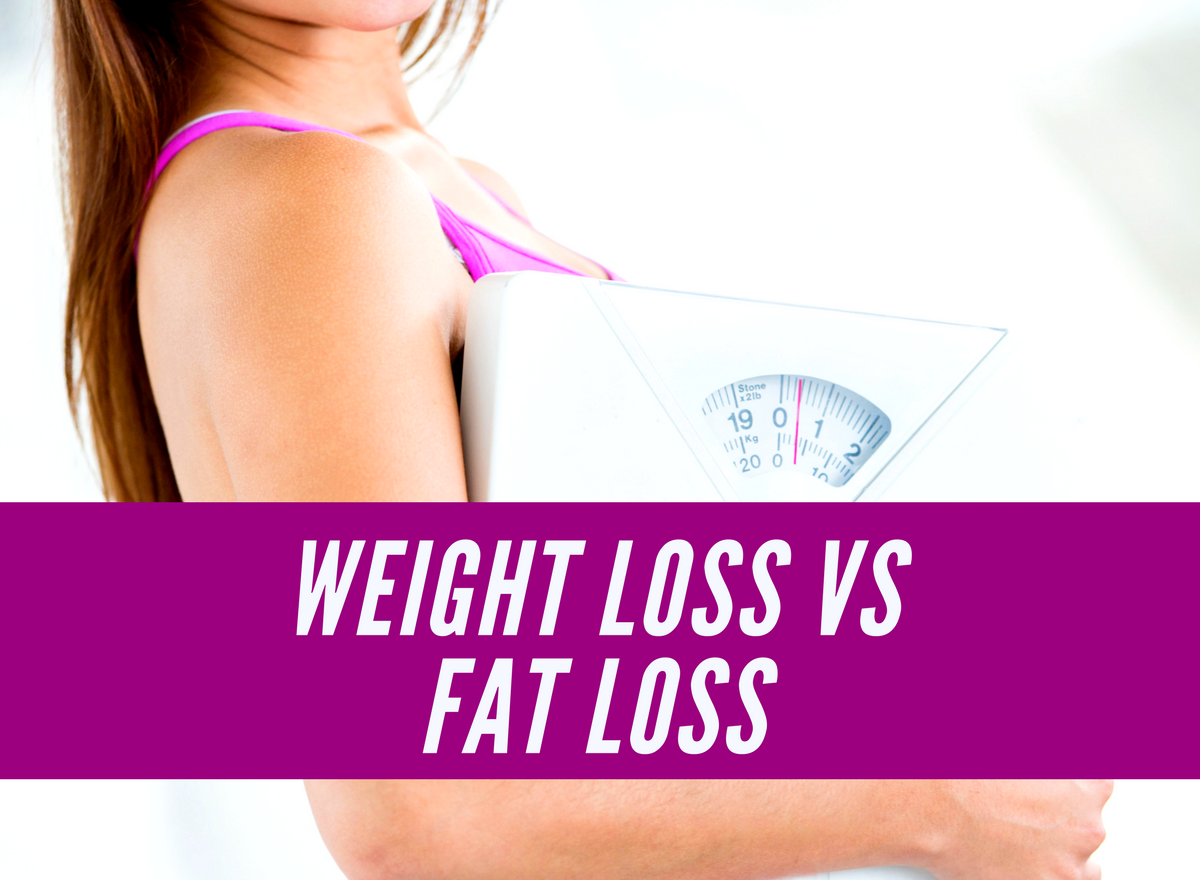Do Carbs Make You Fat?: The Truth About Carbs and Fat Loss for Women Over 40
For many women over 40 looking to lose weight, carbs often take the blame. We hear it all the time: “Cut the carbs, and the pounds will melt away!” But is this really the case? In this article, we’ll break down the myths and facts surrounding carbs and their impact on fat loss—especially for women navigating the changes that come with age.
Understanding Carbs and Weight Gain
It’s easy to see why carbs get blamed for weight gain. Carbohydrates are found in many foods we love, like bread, pasta, and sweets, but they’re also in fruits, vegetables, and whole grains. The confusion often starts here—people lump all carbs together, assuming they all have the same impact on the body. However, not all carbs are created equal.
Processed and refined carbs (like pastries and sugary snacks) can technically lead to weight gain because they are easy to overeat and don’t provide much nutritional value. On the other hand, unprocessed carbs (like fruits and whole grains) offer essential nutrients and can actually help you manage your weight.
So, what’s the real story? Are carbs truly to blame for that stubborn belly fat, or is the issue more complex?
Why Carbs Are an Easy Target
For years, low-carb diets have been marketed as the magic solution to fat loss, and it’s easy to see why. When people reduce carbs, they often lose weight quickly at first due to water loss.
You see, for every gram of carbohydrate stored in the body as glycogen, the body retains an extra 3-4 grams of water.
That means for every 1 gram of carbs, you’re retaining 4-5 grams of weight (carbohydrate + water).
You read that right…every gram of carbs = 4-5 TIMES it’s weight in water.
To put that in “scale” terms – for every 100g of carbs, equates to approximately .88-1.1 pounds. A 500g spike in carbs over the course of the week, can show as 4-5 pounds gained that week.
So, when you cut carbs, your body taps into its glycogen stores, releasing that stored water and causing a rapid drop in weight.
This quick result can make it seem like carbs were the problem all along. However, this early weight loss isn’t sustainable if the overall diet isn’t balanced.
Many women over 40 who have been through several dieting cycles might find that simply cutting carbs doesn’t lead to long-term fat loss. This is because the real issue isn’t the carbs themselves, but the type of carbs and how they fit into your overall calorie intake.
The Bigger Picture: Calories, Fat, and Overeating
Let’s look at some data to set the record straight. Between 1970 and 2010, the average American’s calorie intake increased by about 500 calories per day. Surprisingly, the largest increase came from added fats and oils, not carbs. The rise in obesity rates isn’t solely due to eating more carbohydrates. In fact, highly processed foods—often a combination of carbs, fats, and sugar—are more likely to lead to overeating and weight gain.
For example, eating an apple versus eating a pastry provides two very different outcomes. The apple, rich in fiber, can actually help you eat fewer calories overall, while the pastry is more likely to lead to overeating because of its high fat and sugar content.
Do Low-Carb Diets Work for Fat Loss?
Research shows that when calories and protein are the same, low-carb diets don’t have a significant advantage over higher-carb diets for fat loss. This is particularly important for women over 40, as our bodies change with age, and preserving muscle mass becomes critical. Protein intake plays a huge role in this. Diets higher in protein, regardless of carb intake, have been shown to promote fat loss while helping maintain muscle mass.
The key takeaway here? Cutting carbs alone isn’t a magic bullet for fat loss. In fact, finding the right balance of protein, carbs, and fat that works for you will yield better, more sustainable results.
The Role of Ketogenic Diets
You’ve likely heard about the ketogenic diet, or “keto,” as it’s commonly known. While keto has gained popularity for fat loss, recent studies show it may not offer the advantage many claim. In a study comparing ketogenic diets to low-fat diets, both groups lost similar amounts of fat and muscle, with no significant difference in results. When it comes to fat loss, if calories and protein remain the same, low carb diets do not outperform higher carb diets.
For women over 40, it’s important to remember that losing muscle mass along with fat can make it harder to maintain a healthy metabolism. Finding a balanced diet that preserves muscle while promoting fat loss should be the goal, not simply getting the scale to move at any cost.
So, Are Carbs Fattening?
The short answer is no—carbs are not inherently fattening. The type of carbs you eat and how many total calories you consume matter more than the carbs themselves. Processed, high-sugar foods can lead to overeating, while unprocessed, fiber-rich carbs like fruits and vegetables can support your fat loss goals.
As you navigate fat loss over 40, focus on eating a balanced diet that includes healthy carbs, enough protein, and the right number of calories for your body. Don’t let the fear of carbs keep you from eating the foods that can fuel your body and support your long-term goals.
Final Thoughts
For women over 40, fat loss can feel like a never-ending battle. But the key is balance, not restriction. Cutting out carbs isn’t the answer; instead, focus on eating a sufficient amount of whole, nutrient-dense foods that help you feel satisfied and nourished.
- Remember, carbs can be part of a healthy, fat-burning diet.
The real secret? Finding what works best for you and your body’s needs.
Discover more from Eat More 2 Weigh Less
Subscribe to get the latest posts sent to your email.





Recent Comments